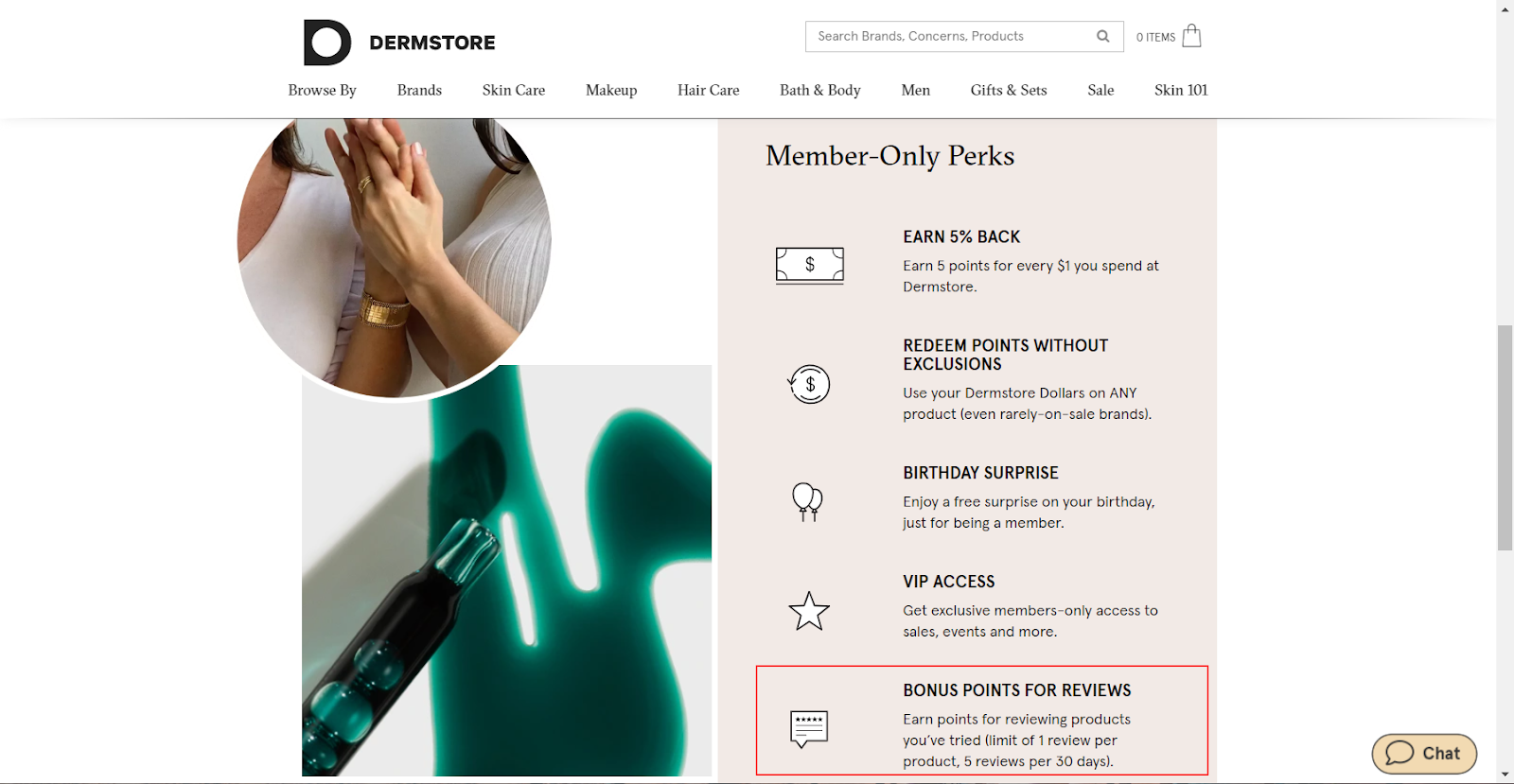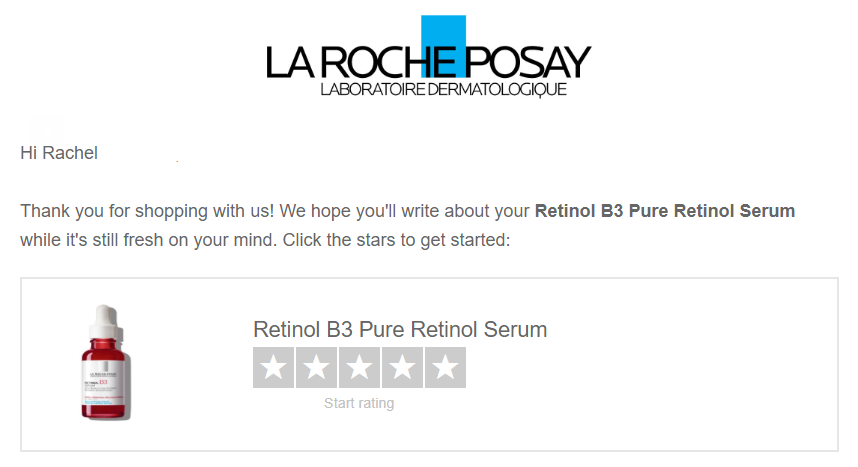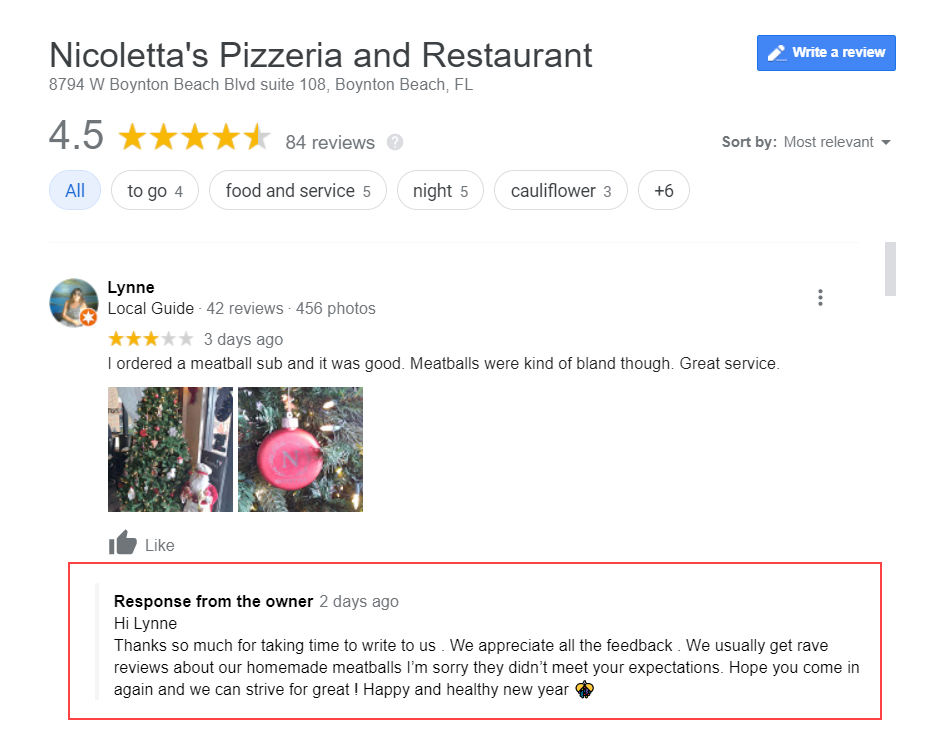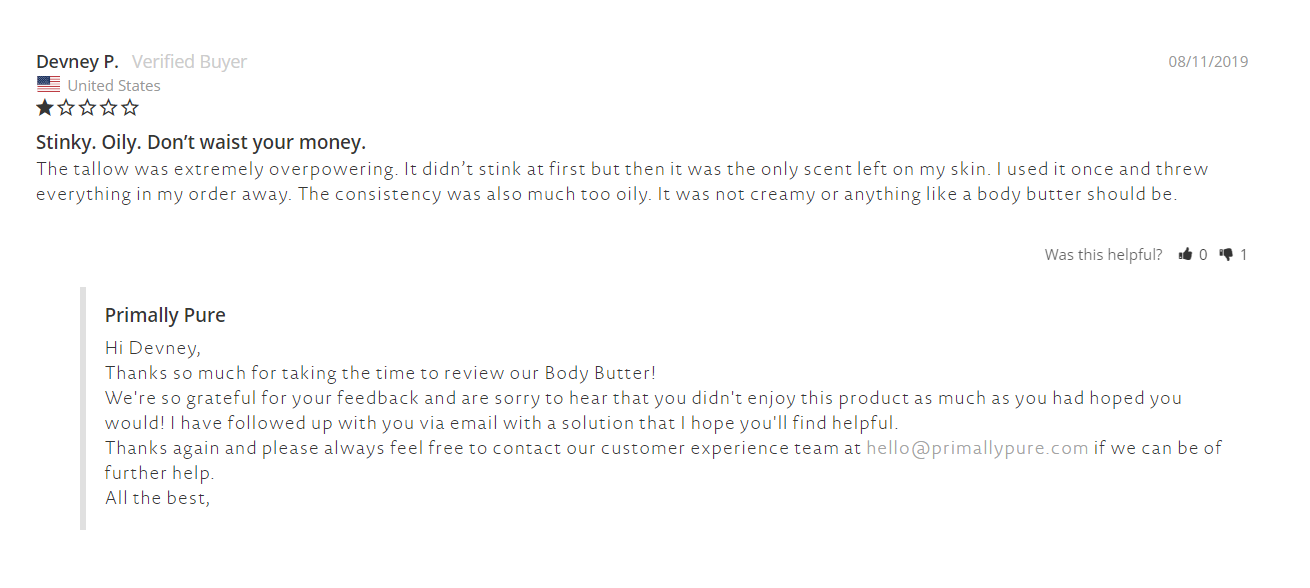Why Are Online Reviews So Important?
Can online reviews be trusted? Yes.
Almost everyone searches for reviews before buying a new product or service. That’s why online reviews are so important to businesses.
A review strategy is highly recommended for any company, and here’s why:
- Boosted brand recognition and social proof
- Increased SEO
- Instant feedback
- Direct communication
Brand recognition and social proof
Reviews and recommendations are still the No. 1 source of consumer trustworthiness. According to Qualtrics, about 93% of people feel influenced by reviews when making purchases. If most people are looking for referrals before buying, positive reviews are a great strategy to build brand recognition in your industry.
Increased SEO
Achieving positive reviews increases your ranking on Google, which means your website has a better chance of reaching quality leads. According to Qualtrics, a positive customer review weights your site about 6.5 times more in a local search.
Instant feedback
Reviews, good or bad, give customers a chance to be honest about your product or service. These recommendations (or lack thereof) are a direct way to receive feedback, respond to concerns, and thank happy customers.
Direct communication
According to Qualtrics, about 89% of customers read when a business responds to their review. This means that online reviews open up a digital line of direct communication, fostering an important B2C relationship of trust.
Do Google Reviews Matter?
So, the stats show people trust online reviews, and they’re good for a number of reasons.
However, the bottom line still stands: Do Google Reviews really matter?
Absolutely!
All these service and product review sites matter:
- Yelp
- Better Business Bureau
Even industry-specific review sites count.
For example, software review sites. Check out some of the best software review websites below:
- Capterra. Search software reviews by company, industry, product popularity, or pricing to see what customers have to say. Whether you’re looking for ecommerce or data analysis, there’s a place for it within 700 categories on Capterra.
- Software Reviews. Software Reviews is a platform to browse reviews for enterprise softwares. Reviews on this software review site consist of a composite score, CX (Customer Experience) score, Emotional Footprint rating, and a likeliness percentage of being recommended.
- Software Advice. Software Advice is owned by Gartner Digital Markets like Capterra. With Software Advice, you can search by product or industry to find reviews. This site distinguishes itself from other review services by offering personalized recommendations from their advisors. Complemented by over 1 million verified reviews and 600 software categories, Software Advice is a great place to collect insight.
But it’s not all about software.
The internet offers referrals for all kinds of industries: Zagat is for food, Tripadvisor is for travel, and Amazon thrives off product reviews. Even YouTube offers a plethora of video testimonials for toys, games, cosmetics, and more.
How Do You Encourage Customers to Write a Review?
According to GatherUp, fabricated and/or deceptive reviews can ruin your company’s reputation and cost hundreds of thousands in legal fees.
That’s because the Federal Trade Commission (FTC) upholds laws regarding the standard of reviews in compliance with their guidelines.
In order to avoid a call from the FTC, it’s important to prioritize a healthy review strategy.
- Appreciate the value of all reviews: Positive, negative, and neutral. Reviews need to reflect a true experience from a former or current customer.
- Reviews should be from a wide range of customers. Set demographics and personas aside for a genuine overview of your product or service.
- Incentivized reviews need to be labeled as such. It’s legal to incentivize customers for reviews, but the review must be recognized as a paid referral.
- Don’t create a ghost account to leave negative reviews about competitors. Purposefully slandering the competition can get you in hot water for unfair review practices.
- Don’t influence the reviewee by asking for “good” or “positive” reviews. This can look inorganic and staged, which diminishes trust.
If you’re looking to implement a review strategy, here’s where to start:
- Consider adding feedback buttons and survey links to your website as calls-to-action. You can also place forms shared across your social media platforms or after downloading content.
Facebook, for example, makes it easy for users to leave feedback on a business. You’ll be asked whether you yes, recommend the business, or no, do not. Depending on your choice, a window will open that will prompt you to say what you recommend about the business or ask how the business could improve.
![You will be prompted to answer yes or no to the question "Do you recommend [business name]?"](/wp-content/uploads/2021/06/5ff59f6116804b0e37796c42_ioI10hrUN8yv7pLX4lZKhXhrLkEzuTOYUjVUUPYm6pkuXmgAgvvWs0A4cvlX89hnY_rVJGtnKZgwCPO9HiP7p_RByPs9az5sDWEZYD83-bkNDRI88gpoKPyZpWxR1Zq0ZTQM_Y22.png)
- Incentivize carefully. If you’re looking to reward customer reviews, take it from Neil Patel. The digital marketing guru suggests providing incentives, such as a gift card, small cash prize, or a discount for your product or services — all in exchange for feedback. Other incentives can include charitable donations to the reviewer’s choice or publicity and promotion, which goes hand-in-hand with influencer marketing.Tread this water lightly, though. Be sure to look at a review site’s policies before running a review campaign. For example, according to Yelp’s Policy, no solicitation of reviews is tolerated. Any business that shows “indicators of systematic review solicitation” will be condemned to a search ranking penalty and potentially a consumer alert on their page.Google has the same fundamental policy in a milder tone. They frown upon incentivizing reviews or swaying the words of the reviewer. However, websites like Capterra and YouTube, thrive off of sponsored reviews. Ensure you read each site’s guidelines before taking this step.

- Send email marketing campaigns. Wordstream suggests requesting reviews in a trio of ways: Personalized, organization-wide, and email blast. A personalized note to a customer emphasizes that their feedback is valuable and important to you.

Transparent organization-wide emails request reviews from customers and are sourced by your employees. This way, a company representative is a part of collecting customer feedback. A strategic email blast to targeted lists can collect more widespread feedback.
- Use reviews-as-a-service. Some review websites, like Capterra, offer reviews-as-a-service. It’s an in-house service that solicits reviews from an email list you provide. They typically offer a nominal incentive in exchange for a review, because they want to build their website’s reputation. In order to do that, they need as many reviews as possible.
It’s important to keep in mind that reviews are a form of empowerment for your customers. Reviews circulate information for decision-making and allow customers to be the most informed and unbiased before they commit to a purchase.
Why Bad Online Reviews are Necessary
Isn’t it suspicious when a product has only positive reviews?
While it may just be that good, chances are you’ll feel a bit fishy about it. It may seem too good to be true.
That’s because genuine customer experiences vary.
It’s realistic for a company to make mistakes and for customers to have bad experiences. Companies cannot control how everyone feels or thinks about their product or service. They certainly can’t control whether or not someone will write about it.
Negative reviews are necessary, in part, to show that your company is transparent in their growth. Plus, 68% of consumers have greater trust when they see good and bad reviews.
The important takeaway from negative reviews is how you respond and move forward. You can even turn negative reviews into positive experiences.
Company responses to online reviews, good or bad, are a reflection of customer service.
A study from the Harvard Business Review found that ratings for companies increase after responses to any kind of review. Readers pay attention to company responses and consequentially, their perceptions are shaped. Is your company one they’re willing to do business with?
You’re equally as likely to lose a customer from a bad online review as you are from a poor response to a customer review.
With that in mind, here are some tips from Forbes on how to deal with bad online reviews:
- Acknowledge the customer’s experience and apologize. Validate your customer’s frustrations. Customers don’t write negative reviews to continue feeling unseen by your company.Customers want to be heard and their experiences to be rectified. Both the customer and company can seek ways to move forward and change future perceptions of the reviewed service or product.
- Be specific. If you note specific comments in your response, it shows you’re listening to their experience. It’s important to respond directly to their situation, as opposed to general negativity.

- Direct the conversation offline. Usually bad online reviews require more than a few online comments. These conversations require lengthier, detailed responses.If you can, provide your customer with direct contact information, like an email address or phone number. If you give them someone to voice their concern to, this makes their customer service experience more personable. It makes them feel more heard than when they’re talking to an organization behind an online wall.

Negative and positive reviews are necessary for your brand. They build feedback, consumer trustworthiness, and social proof.
Remember: Reviews empower your customers to speak about the product or service they deserve.
Mary McCormick contributed to this blog.
SEE FOR YOURSELF
Watch an overview to learn how B2B marketing automation by Mirabel Technologies can help you increase traffic, optimize your funnel, drive more leads, improve conversions, and boost ROI — at a price you can afford!

